detail profile sulev luik
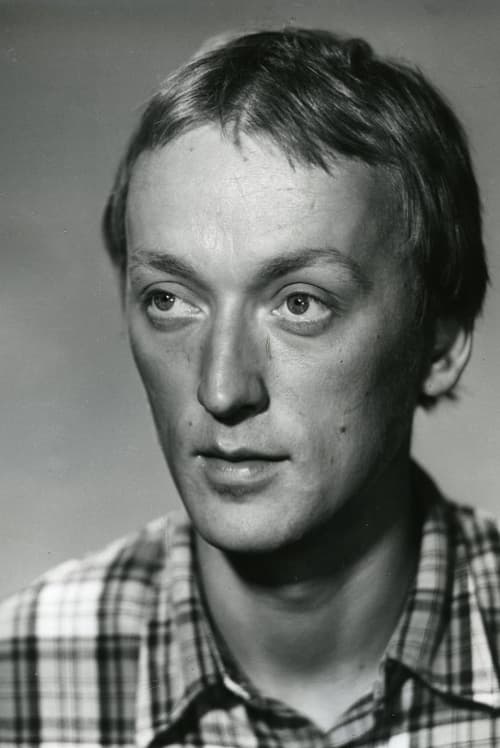
Riwayat Hidup
Sulev Luik (April 16, 1954, in Kilingi-Nõmme – June 29, 1997, in Tallinn) was an Estonian actor.
In 1976 he graduated from Tallinn State Conservatory.
1976-1988 he worked at Noorsooteater and since 1988 at Estonian Drama Theatre.
Besides theatrical roles he played also in over 30 films.
Luik was murdered in Kadriorg Park near his home on 29 June 1997, aged 43.
Police arrested three homeless individuals, two men and a woman, in connection with the murder between 17 and 18 August of that year.
According to the criminal investigators, the motive for the murder was a quarrel while all four individuals, including Luik, were drinking alcohol in the park.
The three individuals charged with Luik's murder were later sentenced to between eight and twelve years in prison.
Luik was buried at Tallinn's Forest Cemetery.
Info Pribadi
Peran Yang Di Mainkan Sulev Luik
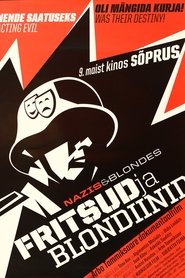 Veteran actors from the 3 Baltic countries...
Veteran actors from the 3 Baltic countries...Nazis and Blondes 2008
Veteran actors from the 3 Baltic countries - Estonia, Latvia and Lithuania - gather at a castle in Latvia to receive awards for their roles as Nazi villains in propagandist Soviet war films. They reminisce about the films that made them famous throughout the USSR, but also stigmatized the Baltic countries as Nazi sympathizers in the eyes of many Russians - a misconception that is nowadays exploited by the Russian media, desperate to label the Baltic countries as a fascist haven.
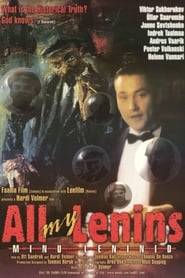 Young and active nationalist Aleksander Keskla...
Young and active nationalist Aleksander Keskla...All My Lenins 1997
Young and active nationalist Aleksander Kesküla makes up his mind to use Lenin, the Bolsheviks' leader, in order to start a revolution in Russia with German money and create a new national state of Estonia in the north-east of Russia. For security reasons, five doubles will be found and trained for Lenin. All of them are finally sent to Russia to instigate the revolution. How will the real Lenin put up with all this?
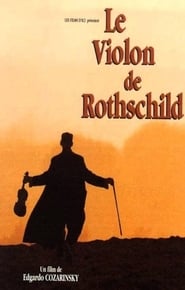 1938 Shostakovich encourages his pupil Fleischmann to...
1938 Shostakovich encourages his pupil Fleischmann to...Rothschild's Violin 1996
1938: Shostakovich encourages his pupil Fleischmann to write an opera based on the Chekhov story 'Rothschild's violin'. Fleischmann is killed during the siege of Leningrad. Shostakovich completes the orchestration, but in 1948 is advised to suppress the opera, during Stalin's campaign against "rootless cosmopolitans". Jewish motifs enter Shostakovich's own work.
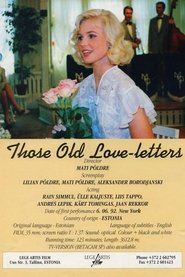 A film about the life of...
A film about the life of...Those Old Love-letters 1992
A film about the life of Raimond Valgre, an Estonian songwriter and singer of the 1930s and 40s, the political changes of his country and his life after the war when his songs were considered not suitable for the Soviet way of life.
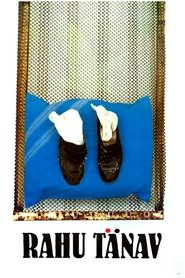 On Christmas Eve the residents of...
On Christmas Eve the residents of...Peace Street 1991
On Christmas Eve, the residents of Peace Street discover that there are military guards in front of their houses. Soon they have to start showing their passports when entering their homes. The residents are told by the authorities that in order to keep the peace they have to be ready to co-operate. It is an order and people stick to it. It is heard that the foreign troops will leave when the snow will be gone - so it won't be long until the everyday life will be normal again. When spring arrives, not only the snow disappears but also lots of residents. Those who stay will look forward to the Midsummer Day.
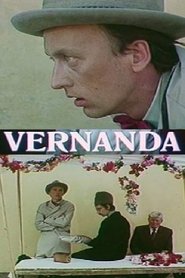 Roman Baskins debut as a film...
Roman Baskins debut as a film...Vernanda 1988
Roman Baskin's debut as a film director is an allegorical story of a man (Sulev Luik) who happens to step out of a train in a small town named Vernanda. He buys some bread only to discover that it has got a bomb inside and "souvenirs" of this kind are the town's trademark. While the man wants desperately to get rid of the bomb the townsfolk is not amused by such rude behaviour.
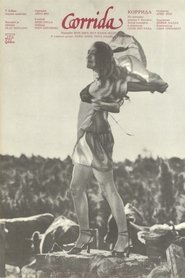 Osvald a man in his sixties...
Osvald a man in his sixties...Corrida 1983
Osvald, a man in his sixties, his wife Ragne who is about half his age and full of life, and her ex-lover Tarmo, have reached a decisive point in their lives where important choices need to be made. The isolation of a lonely island sets the characters face to face with each other, depriving them of social safety measures.
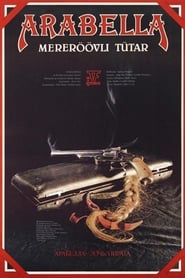 Arabella is a daughter of the...
Arabella is a daughter of the...Arabella, the Pirate's Daughter 1982
Arabella is a daughter of the world's most terrifying pirate captain. She loves her father but also dreams about a life of a usual girl. One day a weird stranger is saved from the sea who will be the only friend of Arabella. At the same time a rival pirate called Raudpats plans to kidnap the girl. Will she be safe and can she ever live a normal life?
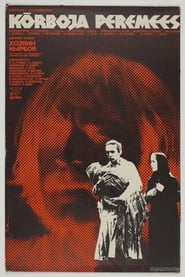 Anna the daughter of an elderly...
Anna the daughter of an elderly...The Master of Kõrboja 1980
Anna, the daughter of an elderly owner of Kõrboja farm, is told by her father that if she won't move in their home farm then it will be sold to strangers. But the farm needs also a master, and Anna has been living in town for years. She comes back home and reunites with Villu, her friend from childhood.
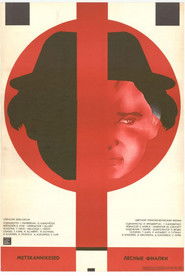 It is the year 1947 The war...
It is the year 1947 The war...Wild Violets 1980
It is the year 1947. The war is over but Estonian forests are still hiding armoured men. When the message comes that Western spies will arrive to support the local bushwhackers, security officer Rein Taim starts to lead the counter operation of the Communist Secret Police in order to catch the Western diversionists and the leader of the Estonian bushwhackers.
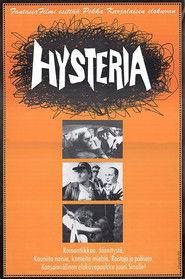
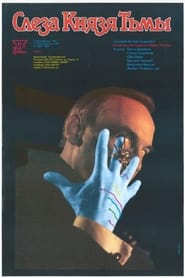 Tallinn Estonia days before outbreak of...
Tallinn Estonia days before outbreak of...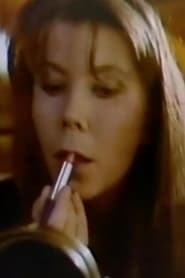 Anxiously awaiting the return of his...
Anxiously awaiting the return of his...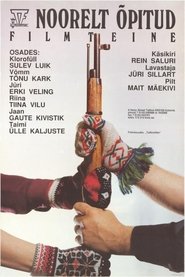 A movie about the life in...
A movie about the life in...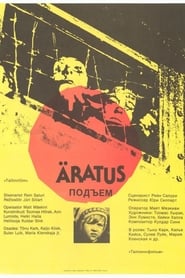 It is the night of March 25 1949...
It is the night of March 25 1949...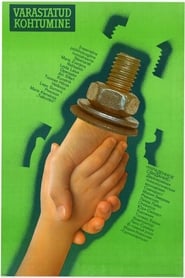 A mother released from a prison...
A mother released from a prison...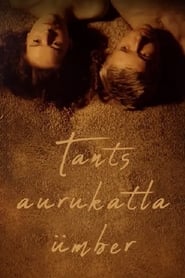 The movie travels through the 20th...
The movie travels through the 20th...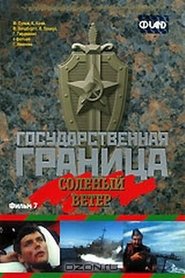 A group of saboteurs was sent...
A group of saboteurs was sent... The police get a callout to...
The police get a callout to...